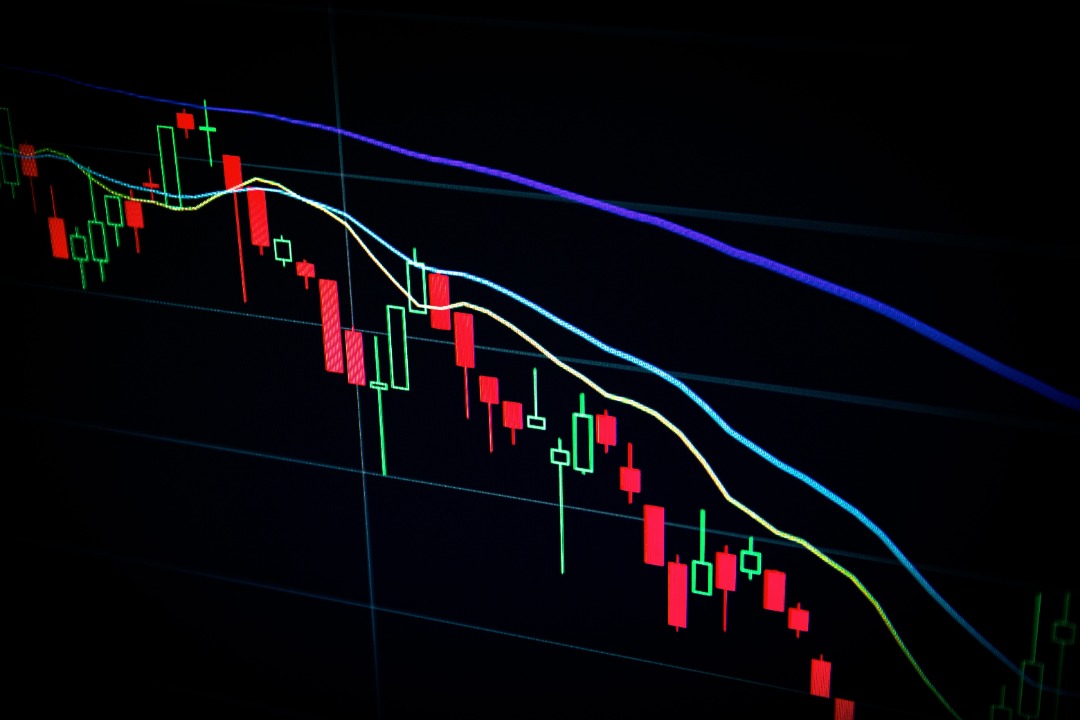One of the most effective ways to build sustainable wealth is by investing in stocks. Nevertheless, many people avoid the stock market because of its seeming complexity and high volatility. Understanding how the stock market works is essential to breaking the myth about the stock markets.
Let’s begin.
What is the Stock Market?
The stock market is much like the local market in town, stocks – portions of ownership or equity in a company made available to the public – are the goods you buy and sell. It is a public market that exists for issuing, buying, and selling stocks that trade on a stock exchange or over-the-counter.
It’s worth remembering that while the stock exchange is sometimes used interchangeably with the stock market, both are markedly different. A stock exchange is a non-governmental, self-regulatory platform where stockbrokers come to trade stocks and other securities.
A country or particular region may have one or more stock exchanges. For example, Nigeria has the Nigerian Exchange (formerly Nigerian Stock Exchange, NGX) and the NASD OTC Exchange. A collection of stock exchanges in a region forms a stock market.
The Nigerian stock market is regulated by the Securities and Exchange Commission which monitors the Nigerian capital market and generally provides regulations for fair trade and a stable market.
How Does the Stock Market Work?
Before stock markets went electronic, the stock exchange was a literal marketplace where a buyer comes with a price in mind and haggles loudly with a seller until an agreement is reached and the stock is sold.
Today, you cannot simply walk into the NGX as an individual to buy stocks. Instead, the stock market now operates on an Automated Trading System. This computer algorithm creates buy and sell orders and automatically submits them to the exchange for execution.
Also, the stock market is divided into two sections, the primary and secondary markets. The primary market is where stocks are created through an Initial Public Offering (IPO). A company looking to raise funds goes through an investment bank – which offers advice on how best to sell and what price to sell at – to sell its equity to the public.
The secondary market is where investors come to buy stocks from other investors. For example, if Mr X owns the stocks of Leggers Plc, he can sell them off to Mr Y for an agreed price on the exchange.
To avoid the tediousness and technicality of trading directly on the stock exchange, individuals can buy stocks through brokerage firms after opening an account with the Central Securities Clearing System – the NSX’s securities processing agent. Professional brokers offer management and advisory services for a fee.
Finally, the high volatility of the stock market works to yield high returns. Some brokers take advantage of the volatility by trading as prices move up and down. However, the only way to get the best out of the market is to invest for the long term as even the worst market crashes recover over the long term.
Get Started at Cordros
Investing in the stock market is a great way to diversify your investment portfolio and earn passive income. At Cordros, we offer brokerage services to help you make smart decisions and maximize your investments.
To begin, give us a call on 07002673767 or email at [email protected].

